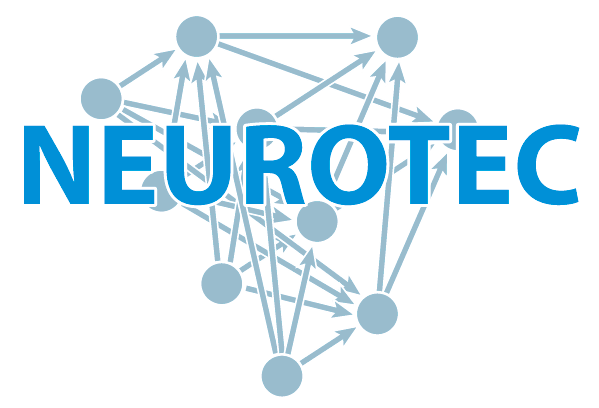Research Fab for quantum and neuromorphic compu-ting: Launch of the Germany-wide cooperation FMD-QNC
In order to consolidate and expand the existing microelectronic
research and development in Germany regarding quantum and neuromorphic computing, the FMD launched on December 1, 2022, a joint project together with four other Fraunhofer institutes, the
Jülich Forschungszentrum and AMO GmbH: The Research Fab
Microelectronics Germany — Module Quantum and Neuromorphic Computing (FMD-QNC). The German Federal Ministry of Education and Research is funding the equipment and structural setup
required for the project.

The performance limits of classical digital computers are increasingly
being challenged by compute-intensive technologies and applications such as artificial intelligence, edge computing, and the optimization of complex systems. A promising approach to solving this challenge is
offered by quantum computing (QC) and neuromorphic computing (NC). They are considered the essential foundations for Next Generation
Computing, i.e. for novel computing technologies essential for the
realization of many competitive and safety-critical applications in the
future.
Contributing to the development of the future hardware
foundation for Next Generation Computing with the FMD-QNC
In Germany, several fundamental research projects are currently working on QC and NC. Nevertheless, there are still insufficient opportunities for application-oriented testing of the hardware developments that are
required for the highly complex computing technologies, as well as for a rapid implementation of the results in prototypes and small series. In order to provide optimal support to researchers and industry in the
development of customized microelectronics and scalable manufacturing and integration processes for the new computing technologies, the
Research Fab Microelectronics Germany (FMD for its acronym in German) will be expanded to include the module Quantum and Neuromorphic Computing (QNC). To that purpose, the Fraunhofer institutes IMWS, IOF, IPM, and ILT, together with the Jülich Forschungszentrum and AMO GmbH, are cooperating to enhance the facility parks and diverse
production lines of the participating partners, as well as the entire
spectrum of expertise of the 13 FMD institutes. Based on the
cross-organizational and cross-site expertise generated within the FMD, it will be feasible to implement the envisaged FMD-QNC project in a
target-oriented and efficient manner. Besides the research activities and the application-oriented testing of the resulting developments, there are two further components of the overall FMD-QNC project: the QNC
operating model and the Microelectronics Academy.
Networking among European research organizations to address current and future challenges in electronics research
At the European level, the FMD-QNC is complemented by the
PREVAIL project (Partnership for Realization and Validation of AI hardware Leadership), which started on December 1, 2022 as well. The PREVAIL project is bringing together four European research organizations — CEA-Leti, Fraunhofer, imec and VTT — to establish a networked 300 mm
technology platform for the fabrication of chip prototypes used in
advanced artificial intelligence and neuromorphic computing applications.
The intended project activities within PREVAIL and FMD-QNC will be
synergetically interconnected and represent an essential preparatory work for the technological foundation of the European Chips Act.
The FMD-QNC project is funded by the German Federal Ministry of
Education and Research.
The FMD-QNC cooperation partners
AMO GmbH, Forschungszentrum Jülich GmbH, Fraunhofer EMFT,
Fraunhofer ENAS, Ferdinand-Braun-Institut gGmbH, Leibniz-Institut fuer Hoechstfrequenztechnik (FBH), Fraunhofer FHR, Fraunhofer HHI,
Fraunhofer IAF, Leibniz Institute for High Performance Microelectronics (IHP), Fraunhofer IIS, Fraunhofer IISB, Fraunhofer IMS, Fraunhofer IMWS, Fraunhofer IOF, Fraunhofer IPM, Fraunhofer IPMS, Fraunhofer ILT,
Fraunhofer ISIT, Fraunhofer IZM.







